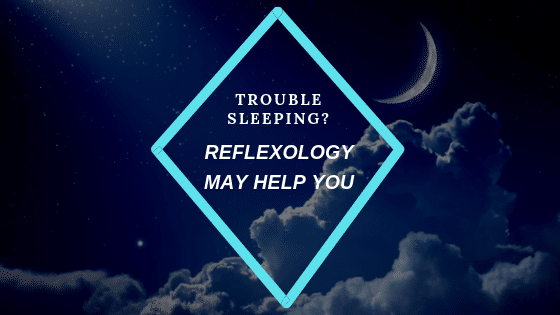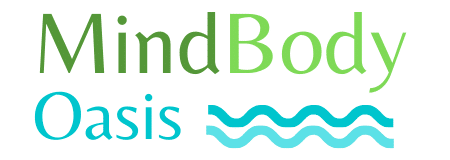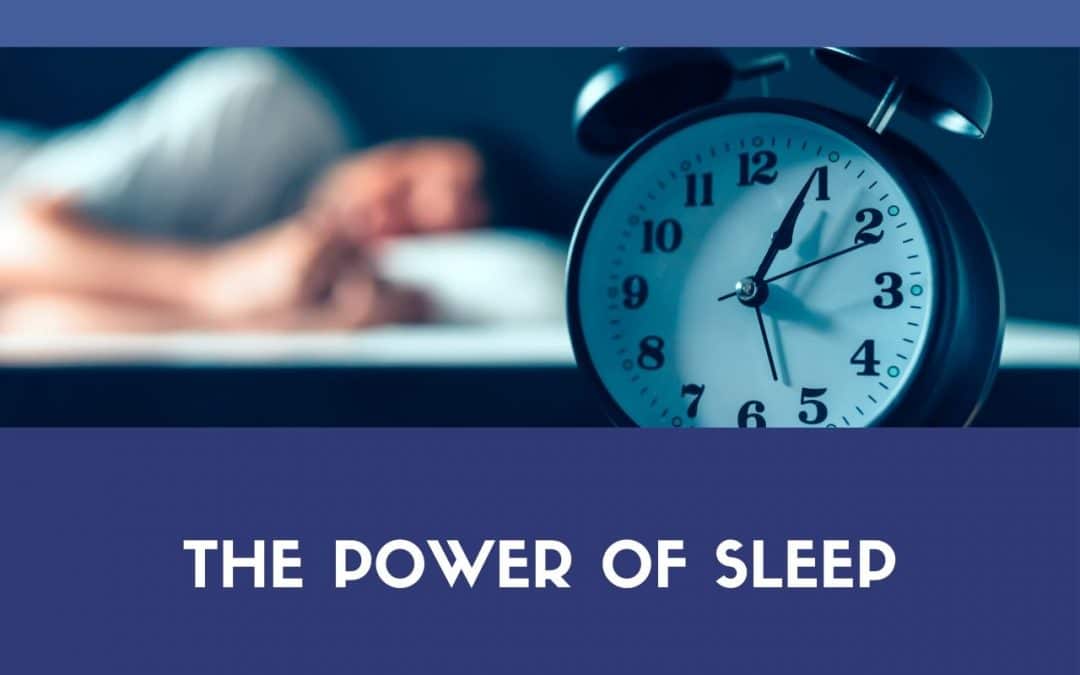A ruffled mind makes a restless pillow” – Charlotte Brontë
The World Health Organisation (WHO) and the National Sleep Foundation stipulate that as adults we should sleep an average of 8 hours of sleep per night. But staggeringly two thirds of the adult population in the developed nations (and three quarters within the UK according to Medical Technology) fail to achieve the recommended sleep quota. This may not be a surprising fact to most of us, but what may be surprising are the consequences of inadequate sleep.
Routinely sleeping less than 6 or 7 hours of sleep a night (according to WHO) causes our immune system to break down and more than doubles our risk of cancer. Insufficient sleep is also a lifestyle factor in determining whether or not we will develop Alzheimer’s disease. Even moderate reductions of sleep over a week can disrupt blood sugar levels and can be the precursor to diabetes and serious weight gain. It is important to note that dieting on insufficient sleep will be of no avail as you will lose lean body mass rather than fat. Our metabolism is compromised. Sleep deprivation can also cause the coronary arteries to become blocked and brittle, increasing the risk of cardiovascular disease, stroke and congestive heart failure.
The WHO has recently signalled a sleep loss epidemic across industrialised nations (including US, UK, Japan and South Korea). Our inexorable lifestyle of working long hours against demanding deadlines, multi-tasking and our increasing exposure to electronic devices (smartphones, laptops, tablets, monitors, TV screens) and energy-efficient technology (fluorescent light bulbs and LED lights), etc are taking their toll. The fact that we do less outdoor physical work compared to generations past is also a contributor to our growing sleep problems.
Of particular significance is the increased exposure to blue light particularly in the evenings as we browse our social media channels on our laptops, tablets and phones or as we watch long hours of TV. This disrupts our circadian rhythm, suppressing the release of melatonin from the pineal gland (a small pine cone shaped gland deep in the back of the brain), which is our body’s trigger for sleep. Released during the day on the other hand, blue light from the sun is actually beneficial to our mood and alertness.
Sleep loss also contributes to psychiatric conditions, such as depression and suicidal tendencies. It can negatively impact our ability to concentrate and adjust to challenges.
So turning this on its head, what are the key benefits of having adequate sleep?
SLEEP…
- can improve our memory and ability to learn – during sleep our brain consolidates our learning.
- extends our life expectancy.
- helps us to keep our weight under control through improved metabolism and by triggering a hormone that signals food satisfaction. Researchers at the University of Chicago found that dieters who were well rested lost more fat than those who were sleep deprived, who instead lost muscle mass. It is also no coincidence that we want to eat more, even though we are satiated, the longer we are awake (midnight snacks come to mind here).
- curbs the inflammation linked to heart disease, stroke, diabetes, arthritis and premature ageing.
- regulates our blood pressure and keeps stress levels down.
- can regulate cholesterol levels in our blood and reduce our proneness to heart disease.
- reduces the incidence of auto-immune diseases through the strengthening of our immune system.
- stimulates creativity – during sleep our brain not only consolidates, but organises and restructures our memories.
- improves our stamina and physical performance (a Stanford university study found that college football players who attempted to sleep at least 10 hours of sleep a night over a 7 to 8 week period actually improved their average sprint time and had more daytime stamina).
- boosts our positivity and mental state, staving off dark moods and depression.
- makes us look younger, by reducing dark under eye circles, improving our skin tone and elasticity (in conjunction with sufficient water intake and adopting a healthy balanced diet).
The Power of Reflexology in Aiding Sleep

If you have an overactive mind or if you find it very difficult to fall or stay asleep, there are lots of suggestions you can follow:
- Go for a long walk in the evening, preferably out in nature.
- Remove all electronic devices, including TVs from your bedroom and do not use these up to 2 hours before sleep – read a traditional book instead.
- Avoid consumption of caffeine for up to 6 hours before sleep (that’s how long the effects of caffeine take to dissipate in our body). Even decaffeinated drinks are not non-caffeine drinks (they contain a small dose of the stuff).
- Keep the bedroom cool keep a window open at night) – the ideal room temperature is between 18 and 22 degrees Celsius.
- Drink camomile tea or take a dose of plant-based valerian if you have real difficulties in nodding off.
- Keep to a regular sleep schedule.
- Ensure your mattress is not too firm or not too soft and offers the right support for your body’s weight and movement.
- Remove pets from the bedroom who can disturb you.
- Do not eat heavy meals late in the evening.
- Avoid consumption of alcohol (a stimulant).
- Avoid smoking – nicotine is also a stimulant.
- Write down all the whirling thoughts and “to-do” lists that are keeping your brain over-active at night. Transmitting them to paper helps vacate them from the brain.
- Listen to some very soothing music or a special sleep meditation.
- But the best by far (WARNING: I am biased as a therapist) is to have a course of reflexology treatments – either foot or facial reflexology (or combination thereof).
- Reflexology – through the activation of the pineal gland and its hormones – balances our circadian rhythm. It helps us to be more alert during the day and promotes sleep at night. All our clients without exception have expressed a feeling of wellbeing, a deep state of calm and the ability to sleep more soundly after a reflexology treatment.
Special Offer
To celebrate World Reflexology Week (23rd-29th September 2019) we have a special offer running throughout this month of £10 off any reflexology treatment – £35 instead of £45 for a 45 minute treatment. Please use the coupon code Reflex19 when booking – Book here.
Sources: Matthew Walker’s “Why We Sleep“, World Health Organisation, NHS, Best Health Magazine, health.com, NRI digital’s Medical Technology, September 2019 issue.

